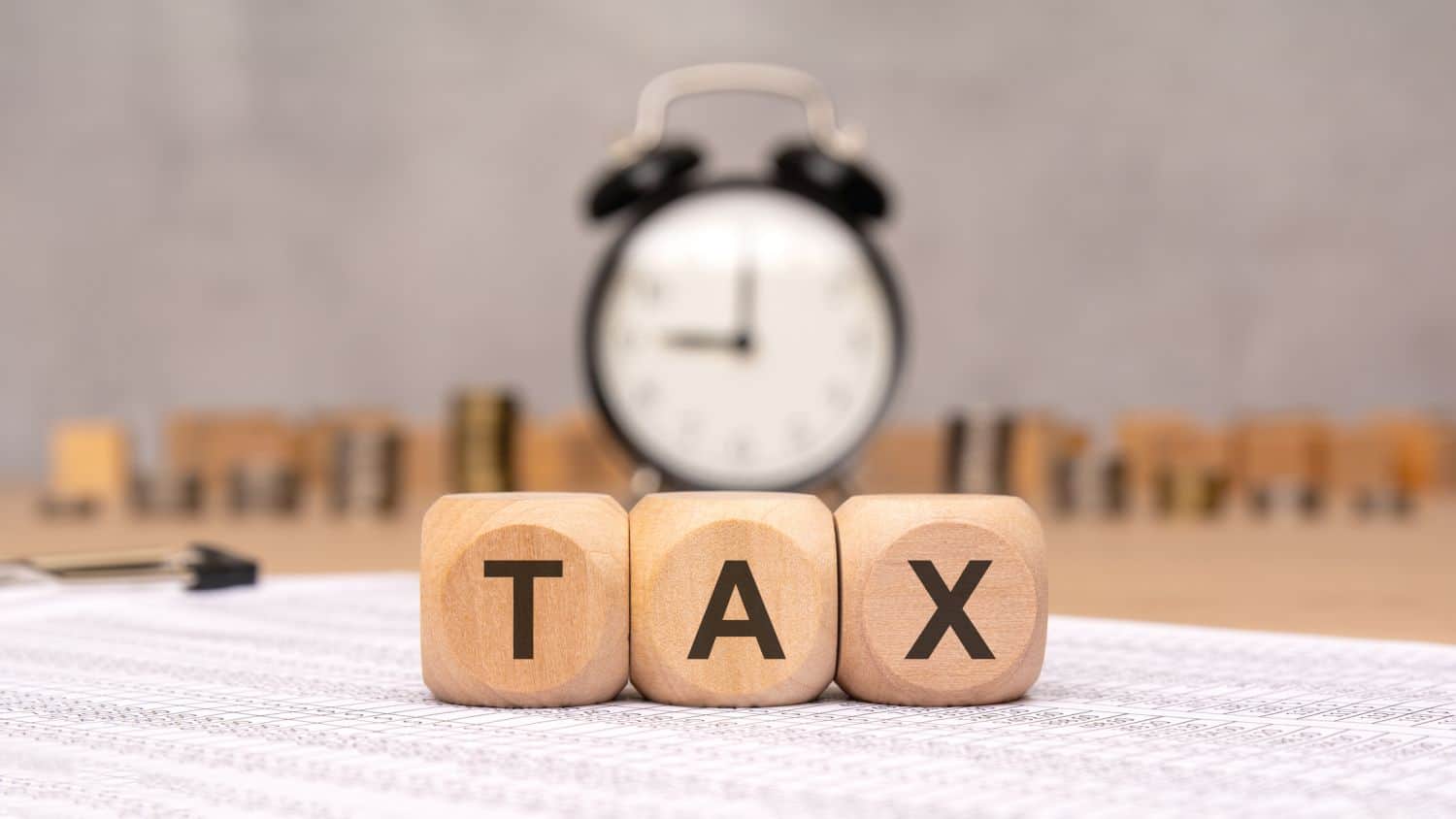Payment in the form of products, services, or travel is regarded as taxable income and must be taxed accordingly, according to Sars.

Social media influencers are set to feel the taxman’s wrath as it sets its eyes on ensuring this category pays its taxes.
The South African Revenue Service (Sars) on Friday vaguely explained how it plans to ensure influencers pay their taxes.
Sars noted that not all taxpayers have the same needs; however, every individual who earns an income should pay income tax.
ALSO READ: Minister of finance says no to wealth tax
Why influencers never paid tax
For some time, influencers have been able to avoid paying taxes, as some of their payments come in the form of products or trips rather than cash.
Apart from that, being a social media influencer wasn’t recognised as a job until recently. If you can think of it, influencing is like being a marketing and communications officer for a certain company or brand.
The influencer segment has gained popularity, with more people becoming influencers, prompting Sars to turn its attention to the segment.
“Sars is organised into segments, enabling the organisation to serve various taxpayers’ needs. The latest additions to this segmentation model are national and provincial government, social influencers, and the gig economy.”
Influencers are sole proprietors
The taxman added that the segment of influencers is composed of modern entrepreneurs, who can be classified as sole proprietors or independent contractors.
Sole proprietors are a simple business structure owned and run by one person, where there is no legal distinction between the owner and the business. This means the owner receives all profits but also has unlimited personal liability for all business debts and obligations, with personal assets at risk if the business fails.
“When managing this segment, Sars will handle each such situation on a case-by-case basis according to current income-tax brackets. Some of these cases may generally fall into the provisional-taxpayer category.”
ALSO READ: What will our government try to tax next?
Compliance
The taxman added that it has an engagement model, whose first step is to provide clarity and certainty, making it easy for taxpayers to comply. Emphasising that for influencers, the biggest step is to ensure there is awareness of one’s tax obligations.
Sars views influencing as a shift away from established marketing houses toward individuals with a sizeable following.
As the marketing spend-mix changes in response to these shifts, Sars is also adapting its educational and compliance initiatives.
“Tax brackets are determined by income as defined in Section 1 of the Income Tax Act, 58 of 1962 (ITA). Third-party data plays a crucial role in determining where each taxpayer must be allocated in terms of income bracket.
“It must be reiterated that it remains the social influencers’ legal obligation to declare all income received.”
Income
Sars said payment in the form of products, services, or travel is viewed as income tax and must be taxed accordingly.
“In line with our compliance theory, Sars believes that taxpayers are honest: when they are clear and certain of their obligations, they comply voluntarily.
“Sars believes that social influencers will declare honestly when adequately educated.”
To educate influencers about their tax obligations, the taxman has prepared products and videos. There will also be seminars and webinars for this segment.
“Although the social-influencer segment has its own nuances, it is no different to other taxpayer segments in that income earned must be disclosed and taxed. Freelance work is similar.
“Citizens working as social influencers are encouraged to declare income earned from brand collaboration, sponsored content, and affiliate marketing, whether they have been paid in cash, products, or services.”
NOW READ: Bigger tax burden awaits SA residents with foreign retirement income






